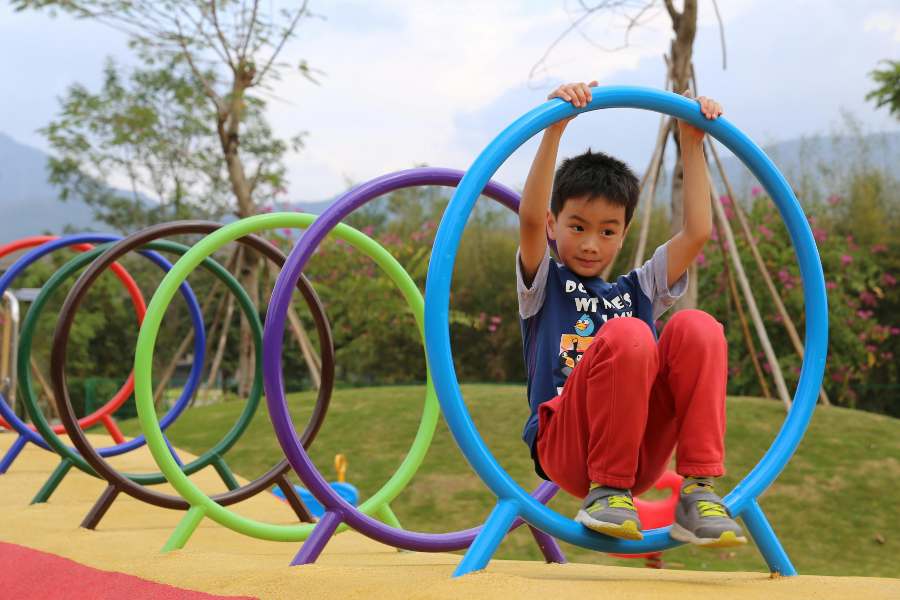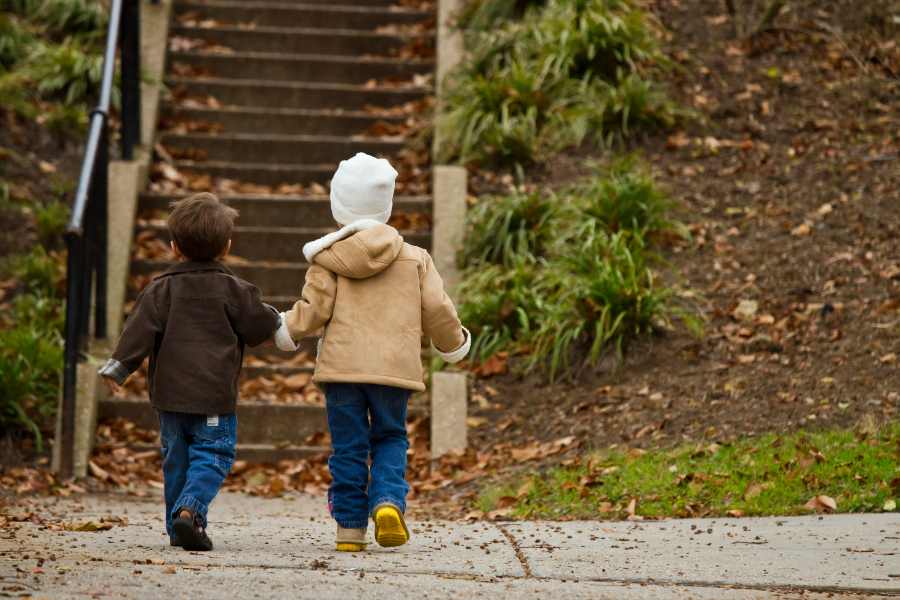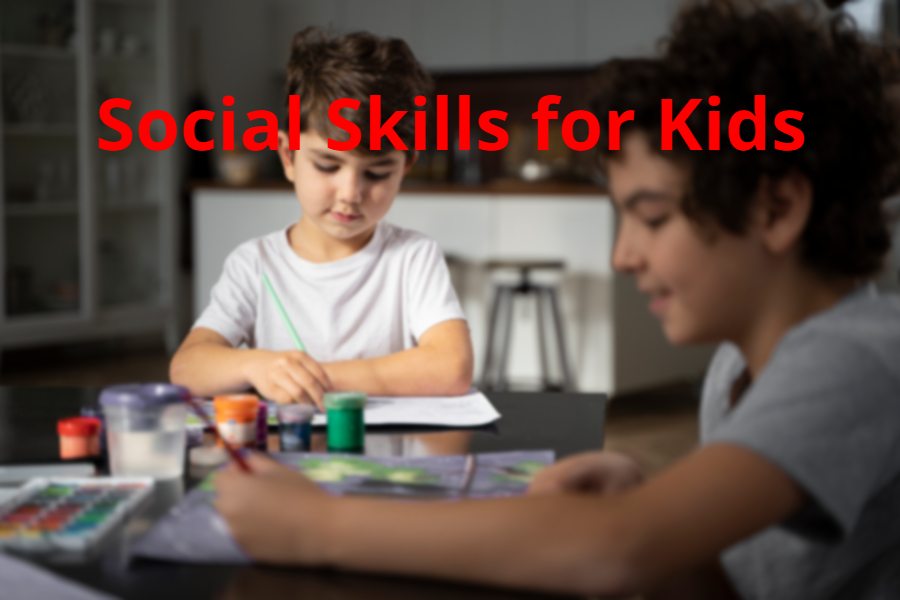Children thrive when they connect well with others. Strong social skills help them make friends, solve conflicts, and build confidence. These abilities influence success in school, home, and later in careers.
Developing social skills early shapes emotional intelligence and resilience. This guide explores key social skills for kids, why they matter, and how parents and teachers can support growth step by step.
What Are Social Skills?
Social skills are the tools children use to interact with others. They include talking, listening, empathy, cooperation, and even body language. Experts call them “soft skills” because they support communication and relationships rather than academic knowledge.
Kids practice these skills daily: during play, in classrooms, and at home. When nurtured, social skills help them manage emotions, respect boundaries, and adapt in diverse settings.
Why Social Skills Matter for Kids
- Friendship building: Kids with strong social skills connect faster and sustain positive relationships.
- Emotional health: Understanding and managing emotions reduces anxiety and stress.
- Academic success: Children who listen, follow directions, and collaborate perform better in group learning.
- Conflict resolution: Good communication prevents bullying and helps kids solve problems peacefully.
- Future success: Employers value teamwork, empathy, and communication as much as technical skills.
Recent surveys show that schools and employers emphasize these skills as crucial for long-term development. The U.S. Department of Education even highlights social-emotional learning as a foundation for student achievement.
Key Social Skills Every Child Needs

- Communication
Clear communication includes words, tone, gestures, and facial expressions. Kids should learn how to speak kindly, maintain eye contact, and express needs.
- Listening
True listening means paying attention, not just hearing. Children must learn to pause, absorb information, and respond thoughtfully.
- Empathy
Empathy teaches kids to understand others’ feelings. Recognizing emotions builds compassion and stronger relationships.
- Cooperation
Working with peers requires sharing roles, compromising, and valuing group goals. Cooperation is essential in classrooms and families.
- Conflict Resolution
Arguments happen. Kids need strategies to stay calm, listen, and find fair solutions instead of reacting with anger.
- Manners and Etiquette
Politeness—saying “please,” “thank you,” and waiting turns—shows respect. These small actions build trust in relationships.
- Respect for Diversity
Children should value differences in culture, language, and ability. Respect prepares them for inclusive communities.
- Following Directions
This skill helps kids succeed in school. Understanding instructions also reduces frustration and builds discipline.
- Sharing
Sharing toys, space, or ideas promotes kindness and reduces conflict. It is one of the first skills children practice.
- Positive Self-Expression
Being able to say what they feel or think in constructive ways supports confidence and mental health.
- Patience
Waiting for turns or rewards teaches self-control. Patience is vital in group activities and lifelong decision-making.
- Respecting Boundaries
Children must learn physical and emotional limits. Asking for permission before hugging or touching helps everyone feel safe.
- Positivity
A positive attitude supports resilience. Optimistic children bounce back from setbacks and encourage others.
How to Teach Social Skills to Kids
Model the Behavior
Children copy adults. When parents and teachers show patience, respect, and empathy, kids follow.
Use Daily Routines
Simple tasks like setting the table or group cleanups are opportunities to practice cooperation and responsibility.
Normalize Mistakes
Social learning involves trial and error. Kids should know mistakes are part of growth, not failure.
Role-Play Scenarios
Acting out situations—like resolving a disagreement or introducing oneself—prepares children for real-life interactions.
Games and Activities
Board games, teamwork challenges, and group play teach sharing, patience, and turn-taking naturally.
Visual Tools and Worksheets
Charts, posters, and activity sheets help younger kids visualize and practice specific skills.
Encourage Emotional Language
Guide children to label feelings: “I feel sad,” or “I am frustrated.” Naming emotions reduces acting out.
Praise Effort
Acknowledge when kids show kindness, listen well, or wait patiently. Positive reinforcement motivates repetition.
Practical Activities for Building Social Skills
- Circle time talks: Give each child a chance to share something about their day.
- Emotion cards: Kids match facial expressions with feelings to improve empathy.
- Cooperative art: Work together on one large drawing or craft.
- Listening games: “Simon Says” improves attention and following directions.
- Storytelling: Kids retell stories to practice clear communication.
- Group projects: Encourage planning and collaboration in school or home settings.
- Sharing baskets: Place toys in one basket and let children take turns.
- Mindful breathing: Helps children pause before reacting in conflicts.
- Kindness journals: Kids record daily acts of kindness they gave or received.
- Role swaps: Switch roles (parent, teacher, friend) to understand different perspectives.
Overcoming Challenges
Some children struggle more than others. Temperament, anxiety, or developmental differences can delay skill-building. In such cases:
- Keep practice consistent.
- Use visual aids and structured routines.
- Involve professionals such as counselors or occupational therapists when needed.
- Be patient—progress may come slowly but steadily.
Social Skills and Technology
Screens can both help and hurt. Online learning games and apps reinforce listening or empathy through interactive stories. But too much screen time reduces face-to-face practice. Parents should balance digital tools with real-world activities.
Role of Teachers
Teachers shape daily opportunities for kids to practice. Strategies include:
- Group seating to promote cooperation.
- Peer mentoring for inclusion.
- Classroom agreements on respect and manners.
- Story-based discussions about emotions and conflicts.
Schools that include social-emotional learning programs report better academic results and reduced bullying rates.
Role of Parents
At home, parents remain the first role models. Key practices include:
- Eat meals together and encourage conversations.
- Teach respect by setting boundaries.
- Read stories that highlight empathy and kindness.
- Reward positive behaviors consistently.
- Stay engaged in school activities to reinforce skills.
Long-Term Benefits
Developing social skills leads to:
- Higher self-esteem.
- Better teamwork in academics and sports.
- Reduced risk of depression or anxiety.
- Improved adaptability in changing environments.
- Stronger chances of career success.
Research links strong childhood social skills with positive adult outcomes, including higher employment rates and healthier relationships.
The Link Between Social Skills and Academic Outcomes
Researchers have found strong connections between social competence and school performance. For instance, students who show stronger peer cooperation and listening habits tend to score higher on literacy and math assessments.
These skills allow them to ask clarifying questions, remain focused during group tasks, and handle feedback constructively. Classrooms that embed structured peer interaction—such as debate groups or cooperative science experiments—see higher engagement and lower dropout risk.
Social Skills and Emotional Regulation
Children who master self-regulation respond better to frustration and setbacks. This includes being able to calm themselves, identify emotional triggers, and choose constructive behaviors. Emotional regulation is not separate from social skill—it is the foundation.
A child who can pause before reacting is more likely to resolve conflicts peacefully, listen attentively, and empathize with others. Tools such as mindfulness practices, breathing exercises, and journaling can build this link.
Cultural and Global Perspectives
Social expectations differ around the world. In some cultures, children are encouraged to speak assertively; in others, humility and deference take priority. Teaching children respect for cultural diversity prepares them for globalized societies and workplaces.
For example, students who learn about varied greeting customs, dietary practices, or communication styles are less likely to misinterpret or offend peers from other backgrounds. Schools that integrate cross-cultural education help kids understand that “good manners” may look different depending on context.
Special Needs and Social Skill Support
Children with autism spectrum disorder, ADHD, or learning differences may require tailored approaches. Evidence-based interventions like Social Stories™ (short narratives explaining social situations), structured play therapy, and explicit instruction on body language can make social expectations clearer.
Parents and teachers can break down interactions into step-by-step sequences—for example, teaching how to join a game by observing first, then asking politely, then participating. Early and structured interventions often yield strong improvements in social confidence.
The Role of Play in Social Learning
Play is the natural laboratory for social development. Whether building with blocks, playing tag, or acting out imaginary scenarios, children negotiate rules, share resources, and experiment with leadership roles.

Free play, where adults step back, gives kids space to resolve disputes and practice compromise. Guided play, where teachers or parents add light direction, can introduce targeted lessons like teamwork or patience. Both styles matter—play is not a break from learning; it is the core of it.
Gender and Social Skill Development
Studies suggest boys and girls may develop certain skills at different paces, though differences are often influenced by environment more than biology. Boys may show stronger physical play but slower empathy expression, while girls may excel earlier in verbal communication but struggle with assertiveness.
Recognizing these trends allows adults to support gaps without reinforcing stereotypes. Encouraging boys to verbalize feelings and girls to take leadership roles builds balanced development for all children.
Social Skills and Leadership
Leadership starts early. Children who organize group games, suggest ideas, and mediate disputes are practicing real leadership. Supporting this doesn’t mean pushing kids to dominate peers but teaching them to guide respectfully.
Rotating roles in group activities—such as assigning a different child to lead cleanup or act as discussion facilitator—ensures every student experiences responsibility. This prepares them for future roles in school councils, clubs, and eventually workplaces.
Measuring Growth in Social Skills
Tracking progress helps parents and teachers understand development. Unlike grades, social skill progress is harder to quantify, but checklists and observation logs work well.
For example, a teacher may record how often a child waits for a turn, responds politely, or offers help to a peer. Parents can track similar behaviors at home, like whether their child greets visitors or shares toys without reminders. Monitoring helps identify strengths and areas needing extra practice.
Building Resilience Through Social Skills
Resilience is the ability to recover from challenges. Socially skilled children are more resilient because they can seek support, express needs, and reframe negative events. A child who feels excluded from a game but can approach another group and ask to join shows resilience. Teaching kids to interpret setbacks as temporary and solvable builds stronger coping strategies. This resilience reduces the risk of mental health struggles during adolescence.
The Role of Community
Beyond families and schools, community groups provide important practice grounds. Sports teams, scouts, faith-based organizations, and after-school clubs bring together diverse children with common goals. These environments often demand cooperation and discipline in new contexts. Coaches and mentors who emphasize respect, fairness, and teamwork reinforce lessons learned at home. Involving children in such groups expands their social networks and exposes them to broader life experiences.
Social Skills and Future Workplace Readiness
Employers consistently rank “soft skills” among the most desired qualities in new hires. Skills like teamwork, communication, adaptability, and conflict resolution directly mirror the social abilities children begin practicing in school.
Teaching these skills early means children enter adulthood prepared not just with knowledge but with the ability to navigate professional relationships, lead teams, and solve disputes productively.
Policy and Education Initiatives
Some governments and school districts now embed social-emotional learning standards into curricula. For example, several U.S. states mandate SEL benchmarks across grade levels.
In the United Kingdom, Ofsted inspections consider how schools promote personal development, which includes social growth. Such policy moves reflect recognition that education is not only about literacy and numeracy but also about preparing children for social participation and civic responsibility.
Technology as a Training Tool
While technology raises concerns, it can also serve as a tool for practicing skills. Virtual reality programs simulate social scenarios, allowing children with social anxiety to rehearse interactions safely.
Apps that guide kids through mindfulness or cooperative games can reinforce emotional control and teamwork. Teachers and parents should use these tools selectively, ensuring digital practice translates into real-world confidence.
Conclusion
Social skills are not just “nice to have.” They are essential for children’s well-being and future success. With guidance, modeling, and patience, parents and teachers can nurture these abilities in daily life. Building communication, empathy, respect, and cooperation ensures kids grow into resilient, compassionate, and confident adults.

